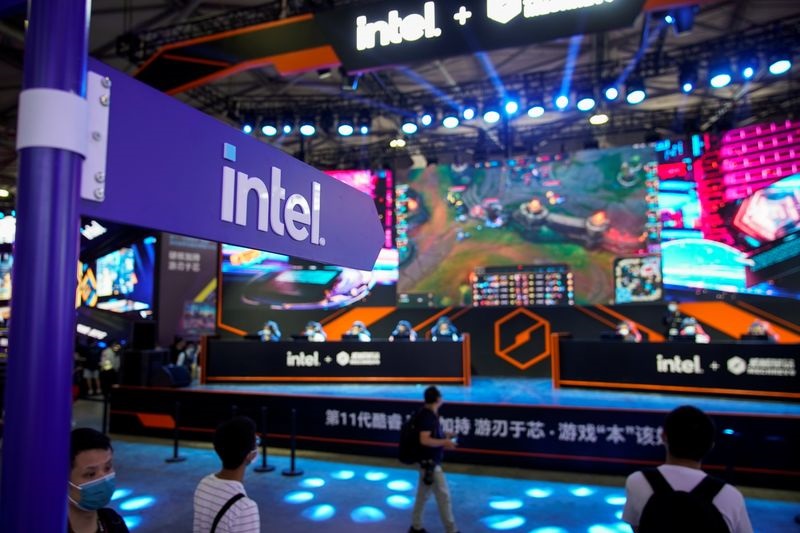This post was originally published on this site

The implications of this unfulfilled transaction were immediately visible in the stock market. Tower’s shares plummeted by 12% in Tel Aviv and by 8.5% in the U.S., while Intel experienced a 1% decline. The acquisition was intended to bolster Intel’s capabilities in the foundry market, an area where Tower, despite its modest size, boasts considerable expertise and a clientele base Intel does not yet cater to.
The semiconductor industry has been a significant point of contention in U.S.-China relations, making approvals for mergers that require greenlights from both nations increasingly challenging. In prior instances, DuPont de Nemours Inc. (NYSE:DD) and Qualcomm (NASDAQ:QCOM) had to abandon their acquisitions of Rogers (NYSE:ROG) Corp. and NXP Semiconductors (NASDAQ:NXPI) respectively due to protracted reviews or lack of timely clearances from Beijing.
For Intel, the failure to close the deal is a significant hindrance, particularly in their pursuit to establish a dominant presence in the foundry space. While Tower specializes in older forms of production and caters to significant clients like Broadcom (NASDAQ:AVGO) Intel had envisioned capitalizing on Tower’s established customer base to fortify its operations. As a result of the termination, Intel is obliged to pay Tower a fee of $353 million.
This article was originally published on Quiver Quantitative

